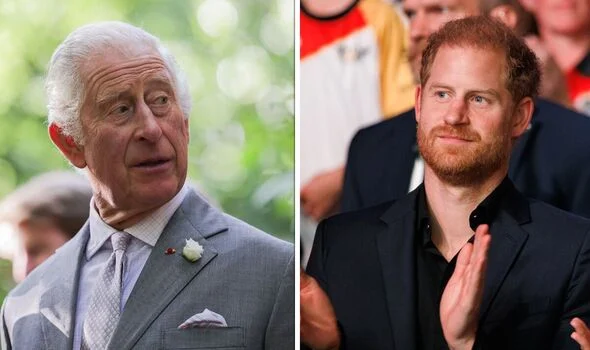It has since emerged that Harry has accused Christian Jones, a close assistant to his brother Prince William, of providing the media with information regarding his departure from the royal family. Harry said that Jones received just £4,000 for selling the media this private information. Yes, you read correctly—£4,000. Accusing someone of such a serious offense over what amounts to pocket change certainly raises some eyebrows.
But here's where it gets even juicier, folks. Harry's decision to drag this private matter into the public eye and accuse a member of the royal staff of betraying him prompted his father, Charles, to take a drastic step. He decided to cut off Harry financially, and can we really blame him? The monarchy places the utmost value on its privacy and confidentiality, and accusing a trusted aide of selling private information is a grave accusation. It's no wonder Charles had had enough of this.
Now, some might argue that Harry has a right to defend his privacy, but the question remains: was he genuinely defending his privacy, or was he, along with his wife Meghan, trying to create more drama to keep themselves in the spotlight? This incident, coupled with rumors about Meghan's rumored interests, has led some to speculate that they are more interested in celebrity connections than genuine causes.
Let's not forget the bigger picture here. Harry and Meghan, after stepping back from royal duties, have continued to leverage their titles and connections to maintain their celebrity status. The question we need to ask is this: if they truly wanted a private life, why do they keep involving themselves in public scandals? Are they really victims, or are they orchestrating these situations?
This revelation paints a different picture of the so-called victim narrative that Harry and Meghan have carefully cultivated. It raises doubts about their intentions and makes us question the authenticity of their claims. Are they truly being mistreated by the royal family, or are they using their royal connections to stir up controversy?







